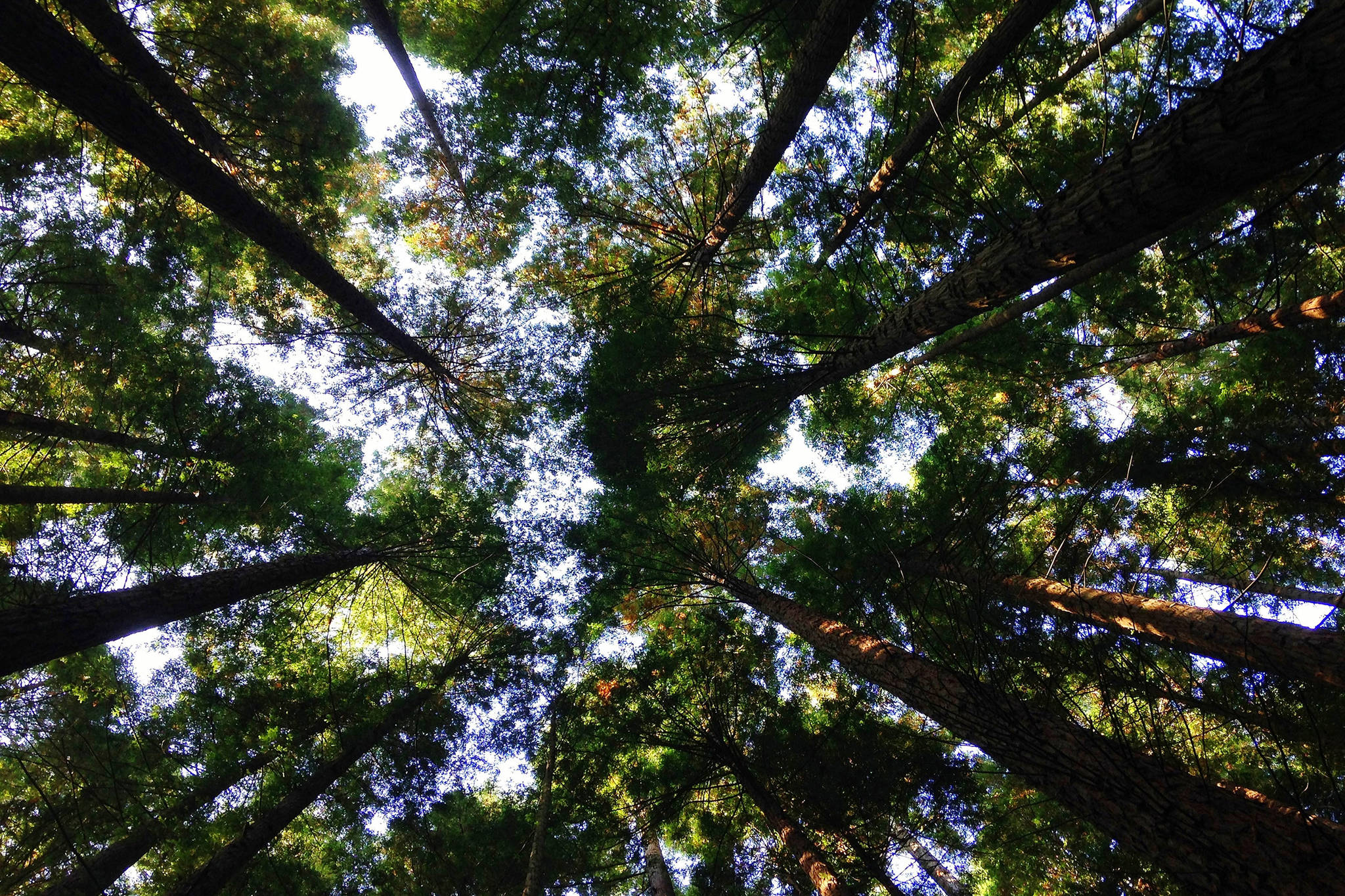Like everyone else, faculty and staff at University of Alaska Southeast scrapped our carefully crafted spring plans a few weeks ago and have been improvising, taking things day-by-day.
We have adapted quickly, pivoting toward different delivery modes, accommodating students suddenly dispersed across the state and globe — many with limited access to internet, computers, or cell service — and, in some cases, even shifting course content to address our emerging crisis.
I’m usually loath to change my syllabi, treating them like binding contracts determining our weekly agenda, but we were slated to spend next week in my literature and environment class discussing Cormac McCarthy’s crushing novel, “The Road.” If you know the book, you know that I couldn’t in good conscience ask students suddenly social distancing to grapple with McCarthy’s grim vision, so with the students’ blessing, I’ve subbed-in Rebecca Solnit’s “Paradise Built in Hell: The Extraordinary Communities that Arise in Disaster.” Her 2009 book-length investigation of recent calamities couldn’t be more timely and topical.
“Who are you? Who are we?” she asks in her opening paragraph, noting that “in times of crisis, these are life-and-death questions.”
Too frequently, the media and movies tell us we are selfish and greedy in such times, but Solnit’s research into 20th-century disasters like the 1906 San Francisco earthquake, 9/11 and Hurricane Katrina finds instead extraordinary acts of altruism, improvisational communities and acts of kindness.
“In the suspension of the usual order,” she notes, “we are free to live and act another way,” and more often than not, we come together, exposing our innate desires to live in joyful and inclusive communities. It’s a harrowing book — disasters too frequently entail human suffering — but the accounts of community responses to suffering are powerful reminders of who we are and who we could be.
When I’ve taught this book before, I’ve recounted the story of the 2008 avalanche that took out our environmentally friendly and low-cost hydroelectricity. You might remember how quickly we changed our habits? With rates jumping from 11 to 55 cents/kilowatt hour almost overnight as we switched to diesel, laundry went on outdoor lines, toasters were unplugged and instead of sitting in front of TVs, kids played in the streets, family dog walks were the evening norm, and local groups emerged to teach us about energy conservation. Within weeks, we cut our electricity use almost in half. A minor disaster, to be sure, but it was remarkable how quickly we adapted, and how our community rose to the occasion.
We are seeing the same robust community response now, as local Facebook groups pop up to coordinate mask-making, designers are creating easily shareable social media campaigns reminding us to practice social distancing, and Alaskans are doing important work to “flatten the curve.” As Alaskans, we indeed know how to support one another.
We want to be careful of finding environmental “silver linings” in this crisis — my Facebook feed has been populated with hopeful images of drastically reduced pollution and of animals returning to deserted cities. While these are exciting developments, it’s a slippery slope to eco-fascist arguments framing the pandemic as “nature fighting back” suggesting fewer people would be better for the environment. History shows us that authoritarian regimes — most notably the Nazis whose infamous “blood and soil” rhetoric was used to justify the final solution — are quick to justify genocide in the name of the environment. Preliminary data are indeed showing that marginalized people are disproportionately impacted by the novel coronavirus. We want to be careful as we answer Solnit’s questions, vigilantly remembering that sustainability requires social and environmental justice.
[Fighting the mask shortage before it happens]
Moreover, as we think of ways to prepare for looming climate disasters, we should use this global momentary pause to work for a less fossil-fuel dependent and more equitable future, where people are no longer more likely to die of poverty than pandemic and where we cohabitate with animals in more ethical ways.
As the usual social order has been dramatically broken open, my students and I have been using this time to imagine these radically different futures. As we gather on Zoom again next week, I’m hoping to push our thinking beyond the myopic individualism that drives consumer capitalism, toward visions of sustainable, inclusive and resilient communities that I know are waiting to flourish not just here in Juneau, but in Alaska and all across the globe.
• Kevin Maier is an associate professor of English at the University of Alaska Southeast, where he teaches a range of environmentally focused courses. Maier is a member of the UAS Sustainability Committee. “Sustainable Alaska” is a monthly column, typically appearing on the first Friday of every month. It’s written by UAS Sustainability Committee members who wanted to promote sustainability. The views expressed here do not necessarily represent the views of the University of Alaska Southeast.

